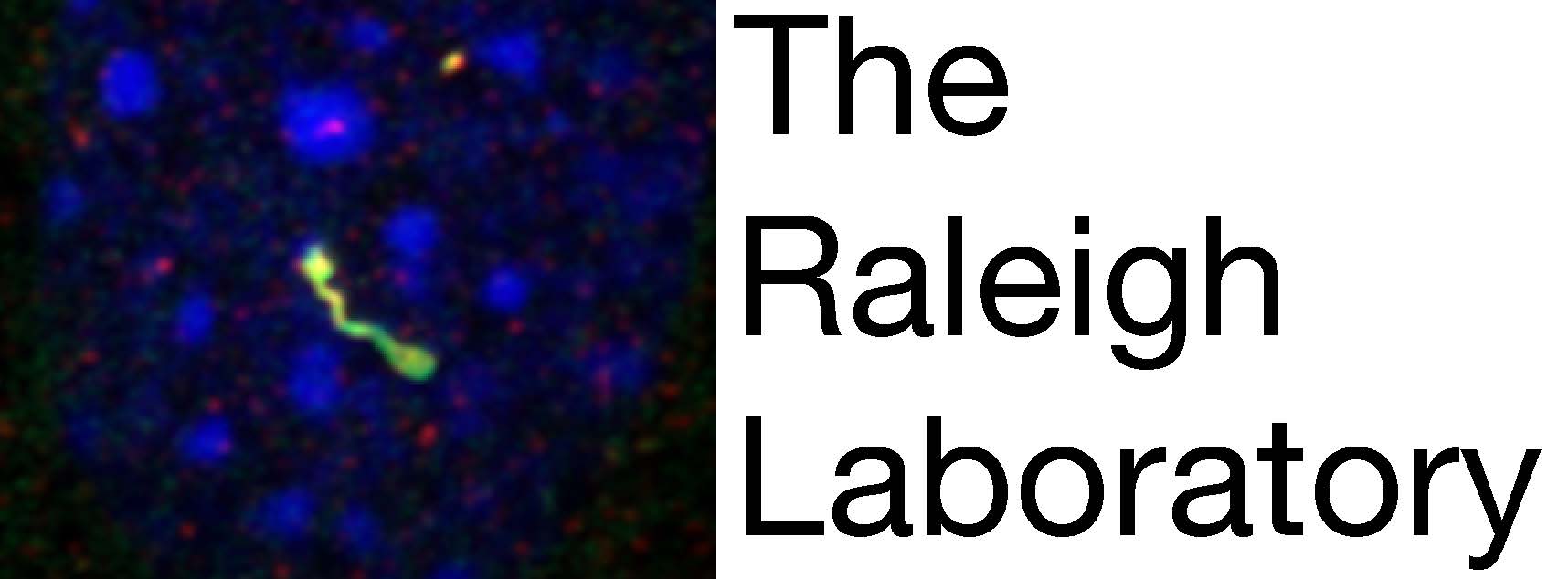Research Program

The Raleigh Lab is focused on understanding genomic, biochemical, and cellular drivers of brain tumor heterogeneity and evolution. To do so, we integrate human samples with evolutionarily-diverse preclinical models to understand brain tumor biology and develop new biomarkers and new treatments for patients, some of which are now being investigated in clinical trials. Our research makes use of biochemistry, molecular biology, cell biology, mouse genetics, genomics, bioinformatics, cerebral organoids, and pharmacology to gain new insights into the molecular determinants of human malignancies. To accomplish these multidisciplinary goals, the Raleigh Laboratory fosters broad collaborations with other laboratories and clinicians at UCSF and abroad.
Using DNA methylation profiling on 565 meningiomas and genetic, transcriptomic, biochemical, proteomic, single-cell, mechanistic, and functional approaches, we showed meningiomas are comprised of 3 molecular groups with distinct clinical outcomes, biological drivers, and therapeutic vulnerabilities (1). Building on these foundational data, we performed 4898 bioinformatic assays on 1856 meningiomas from 12 medical centers across 3 continents to develop a targeted gene expression biomarker that improves prediction of meningioma outcomes compared to all other classification systems and identifies which meningiomas benefit from postoperative radiotherapy (2). To develop new treatments for meningiomas that are resistant to standard interventions, we integrated single-cell transcriptomics with lineage tracing and imaging approaches in genetically engineered mouse models and xenografts to show that NOTCH3 drives meningioma tumorigenesis and resistance to radiotherapy, and that perivascular NOTCH3+ stem cells are conserved across meningiomas from humans, dogs, and mice (3). Investigator-initiated and cooperative group trials based on our biomarkers and therapeutic discoveries are underway, and we are now using single-cell technologies, spatial genomics, proteomics, metabolomics, functional genomics, and iPSC, organoid, murine, and canine models to study therapeutic vulnerabilities underlying brain tumor heterogeneity and evolution. Using spatial and single-cell genomics, we discovered subclonal populations of brain tumor cells that underly tumor heterogeneity and developed organoid models and therapeutic strategies to target intratumor heterogeneity (4). In sum, our discoveries have provided new understanding of fundamental mechanisms that drive brain tumor formation, growth, and response to therapy, and have established a foundation to improve brain tumor treatments.

1. Choudhury A, Magill ST, Eaton CD, Prager BC, Chen WC, Cady MA, Seo K, Lucas CHG, Casey-Clyde TJ, Vasudevan HN, Liu SJ, Villanueva-Meyer JE, Lam TC, Pu JKS, Li LF, Leung GKK, Swaney, DL, Zhang MY, Chan JW, Qiu Z, Martin MV, Susko MS, Braunstein SE, Oberheim Bush NA, Schulte J, Butowski N, Sneed PK, Berger MS, Krogan NJ, Perry A, Phillips JJ, Solomon DA, Costello JF, McDermott MW, Rich JN, Raleigh DR. Meningioma DNA methylation groups identify biological drivers and therapeutic vulnerabilities. Nat Genet. 2022. 54:649-659. PMCID: PMC9374001.
2. Chen WC, Choudhury A, Youngblood MW, Polley MYC, Lucas CHG, Mirchia K, Maas SLN, Suwala AK, Won M, Bayley JC, Harmanci A, Harmanci A, Klisch TJ, Nguyen MP, Vasudevan HN, McCortney K, Yu TJ, Bhave V, Lam TC, Pu JKS, Li LF, Leung GKK, Chan JW, Perlow HK, Palmer JD, Haberler C, Bergoff AS, Preusser M, Nicolaides TP, Mawrin C, Agnihotri S, Resnick A, Rood BR, Chew J, Young J, Boreta L, Braunstein SE, Schulte J, Butowski N, Santagata S, Spetzler D, Oberheim Bush NA, Villanueva-Meyer JE, Chandler JP, Solomon DA, Rogers CL, Pugh SL, Mehta MP, Sneed PK, Berger MS, Horbinski CM, McDermott MW, Perry A, Bi WL, Patel AJ, Sahm F, Magill ST, Raleigh DR. Targeted gene expression profiling predicts meningioma outcomes and radiotherapy responses. Nat Med. 2023. 29:3067-3076. PMCID: PMC11073469.
3. Choudhury A, Cady MA, Lucas CHG, Najem H, Phillips JJ, Palikuqi B, Zakimi N, Joseph T, Ochoa Birrueta J, Chen WC, Oberhem Bush NA, Hervey-Jumper SL, Klein OD, Toedebusch CM, Horbinksi CM, Magill ST, Chaduri A, Perry A, Dickinson PJ, Heimberger AB, Ashworth A, Crouch EE, Raleigh DR. Perivascular NOTCH3+ stem cells drive meningioma tumorigenesis and resistance to radiotherapy. Cancer Discovery. 2024. Online ahead of print. PMCID: PMC11452293.
4. Lucas CHG, Seo K, Mirchia K, Najem H, Chen WC, Zakimi N, Choudhury A, Liu SJ, Phillips JJ, Magill ST, Horbinski CM, Solomon DA, Perry A, Vasudevan HN, Heimberger AB, Raleigh DR (1). Spatial genomic, biochemical, and cellular mechanisms underlying meningioma heterogeneity and evolution. Nat Genet. 2024. 56:1121-1133. PMCID: PMC11239374.
Raleigh Lab Press
NBC Nightly News related to this UCSF Press Release
UCSF Press Release related to this video and this video!
NIH National Cancer Institute Cancer Currents Blog
NIH National Cancer Institute Cancer Currents Blog
